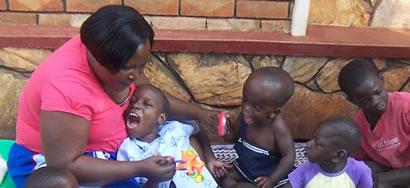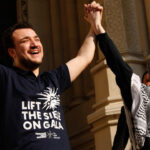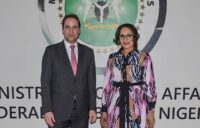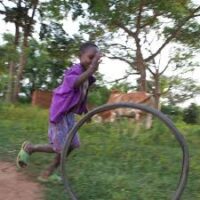In the lush outskirts of Jinja District in eastern Uganda, nestled among sugarcane plantations and rolling green hills, the Home of Hope orphanage offers a rare sanctuary for children with disabilities, many of whom have been abandoned by families and rejected by society. Behind the compound’s cheerful scenes, wheelchairs racing down muddy paths and laughter echoing through the open spaces, lies a profound story of resilience, discrimination, and the transformative power of care.
Founded and led by Ugandan activist and caregiver Edith Lukabwe, the Home of Hope is currently home to 98 children aged between six months and 18 years. These children live with a wide range of physical and developmental disabilities, including hydrocephalus, cerebral palsy, and Down syndrome. Most were abandoned at birth or shortly after, some left at hospital maternity wards, others at the gate of the compound itself. One three-year-old boy was rescued from a locked home after his parents vanished without a trace.
In Uganda, more than six million people over 12% of the population, live with a disability, according to the Ministry of Gender, Labour and Social Development. Despite this significant figure, deep-rooted cultural beliefs continue to stigmatize disabilities as curses or spiritual punishments. This belief often leads to social ostracization, mistreatment, and in extreme cases, abandonment of children born with impairments. Many families, particularly in rural areas, lack not only understanding but also the resources to care for disabled children.
The statistics are dire: 31% of households with a disabled family member live in poverty. Access to support is alarmingly low, with only 1% of Uganda’s national health budget allocated to disability services a figure government officials, like Andrew Mubangizi, the assistant commissioner for disability, describe as “meagre.” In rural regions, under-resourced clinics, a shortage of trained personnel, and long travel distances further alienate caregivers from essential medical and rehabilitation services.
This is where grassroots organizations like Home of Hope come in. Run primarily on donor support and local partnerships, the facility not only offers shelter, food, and medical care but also a sense of belonging and hope for a future once denied to its residents.
Edith Lukabwe, who founded the Home over two decades ago, has made it her mission to challenge the harmful narratives around disability by engaging with local communities to promote acceptance and inclusion. “These children are not curses they are blessings,” Lukabwe said in a recent interview. “If we educate the families and the neighbours, they can teach their communities. We can break the chain of stigma.”
Beyond care, Home of Hope emphasizes education and therapy. With support from physiotherapists, teachers, and volunteers, children are taught basic life skills, communication, and—when possible—integrated into local schools. For many, it’s their first exposure to education or structured socialization.
The work at Home of Hope has gained increasing international attention. NGOs, foreign volunteers, and medical teams have visited over the years to provide training and resources. Still, the demand far outweighs the support. Edith receives frequent calls from hospitals, police, and even neighbors reporting abandoned or at-risk children.
Despite the challenges, Edith remains undeterred. Her long-term goal is to expand the Home’s model to other districts in Uganda, working with local governments and religious leaders to redefine disability not as a source of shame, but as a facet of human diversity deserving compassion and support.
In a country where stigma and neglect have long silenced the disabled, the Home of Hope in Jinja stands as a powerful example of grassroots compassion rewriting the narrative one child at a time.














Leave a comment